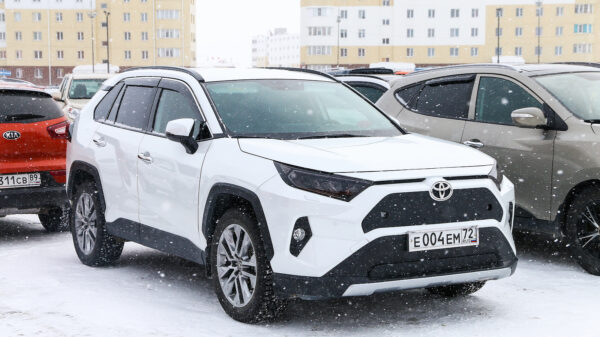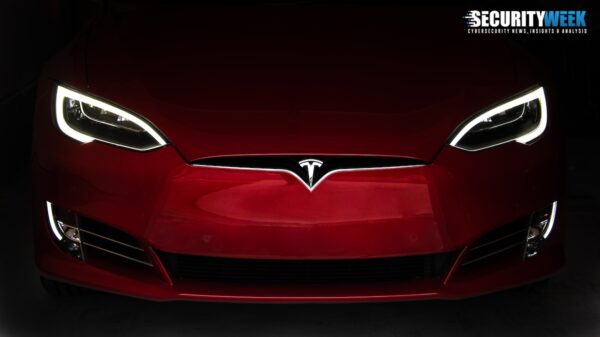Two United States senators have sent a letter to the National Highway Traffic Safety Administration (NHTSA) to inquire about cyber-risks associated with connected vehicles.
In their letter, Senator Edward J. Markey (D-Mass.) and Senator Richard Blumenthal (D-Conn.), members of the Commerce, Science and Transportation Committee, also expressed concerns regarding the lack of publicly available information on the cyber-vulnerabilities associated with these automobiles.
The letter (PDF) also asks NHTSA to share details on actions it has taken regarding the cyber-flaws in Internet-connected cars, pointing out that these vehicles could be hacked and even controlled remotely and putting human lives at risk.
“The proliferation of increasingly computerized cars raises significant cybersecurity and public safety risks. Most alarmingly, connected vehicles can potentially hacked and remotely controlled by malicious actors, creating risks not only to the lives of card drivers and passengers, but also to pedestrians and property along the road,” the letter reads.
In their letter, the Senators cite a recent Consumer Watchdog (CW) report claiming that cyber-security vulnerabilities in connected vehicles could be a national threat.
There are around 50 million cars on U.S. roads with safety-critical systems connected to the Internet, the Senators note, adding that two-thirds of all new cars will include Internet-connected features and systems by 2022.
“We are concerned by the lack of publicly available information about the occurrence and handling of cyber vulnerabilities in internet-connected cars, and believe that NHTSA should be aware of these dangers in order to take possible regulatory action,” write the Senators to NHTSA Deputy Administrator Heidi King.
The Senators ask NHTSA if it has ever been notified of malicious hacking attempts against connected vehicles, or if it is aware of vulnerabilities in these cars. They also inquire about the measures NHTSA has taken to address such issues, if any was brought to its attention (and why the public was not informed on such incidents).
The letter also asks of the formal process NHTSA has in place to receive reports of cyber-security flaws or cyber-attacks on Internet-connected cars and inquires of NHTSA’s plan to address the risks created by the increasing number of Internet-connected cars on U.S. roads.
The Security and Privacy in Your Car (SPY Car) Act that Senators Markey and Blumenthal reintroduced in July directs NHTSA and the Federal Trade Commission to establish federal standards to ensure cybersecurity in connected cars, as well as to keep drivers’ privacy protected.
Related: Connected Cars Could be a Threat to National Security, Group Claims
Related: Mitsubishi Develops Cybersecurity Technology for Cars











